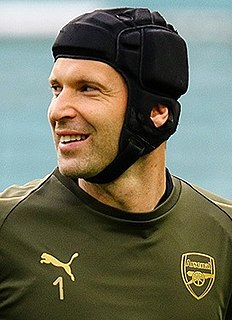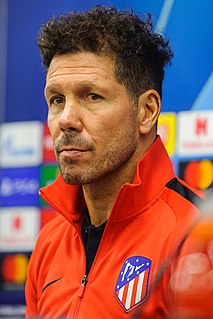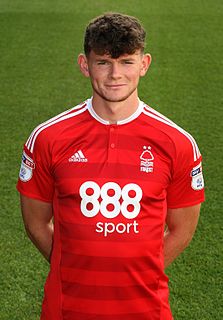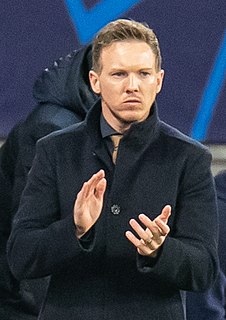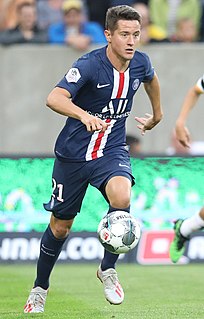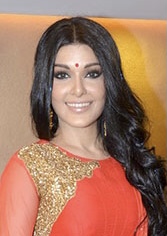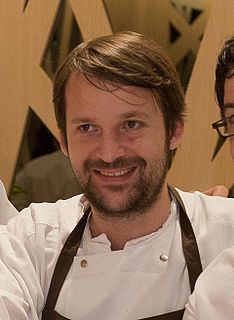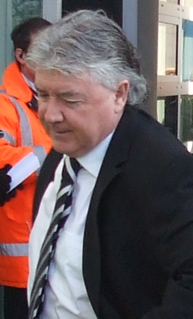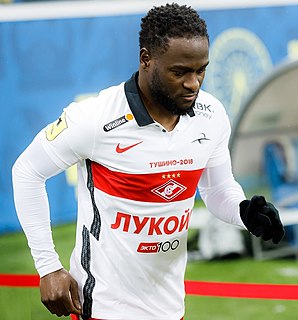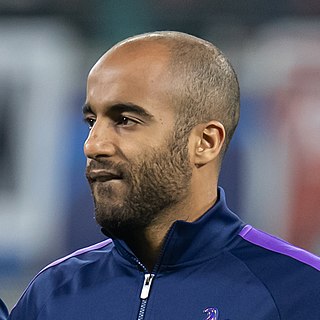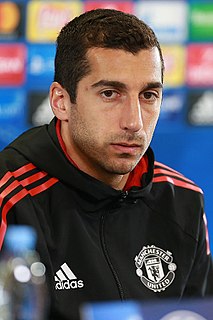A Quote by Petr Cech
I would like to be a manager, to organize everything in training, see if my philosophy could work, and give it to the team.
Related Quotes
He was magnificent; very clever with outstanding technique. He could pass the ball over five yards or fifty; he could see things to set up other people; he could shoot and he could score goals. If you gave me Paul Scholes and ten others, I would be happy. I would tell them to give him the ball and then we would have a good team.
There are five things that societies do: They reproduce; they produce food; they organize themselves in terms of law; they organize themselves in terms of belief; and they make art. Four of them are about conformity, and in these, everything would go more smoothly if people just would shut up and do what they're told. But in art it doesn't work that way.
Work on causal theories of knowledge - early work by Armstrong, and Dretske, and Goldman - seemed far more satisfying. As I started to see the ways in which work in the cognitive sciences could inform our understanding of central epistemological issues, my whole idea of what the philosophical enterprise is all about began to change. Quine certainly played a role here, as did Putnam's (pre-1975) work in philosophy of science, and the exciting developments that went on in that time in philosophy of mind.
I would've never tried acting. I was at this point in my life where I was like, 'I have this following; what am I gonna do?' I could've done reality TV, but I didn't see any longevity in that. And my manager was like, 'Have you ever acted before?' And I was like, 'No... but I'll try it.' And so I tried it, and I liked it.
